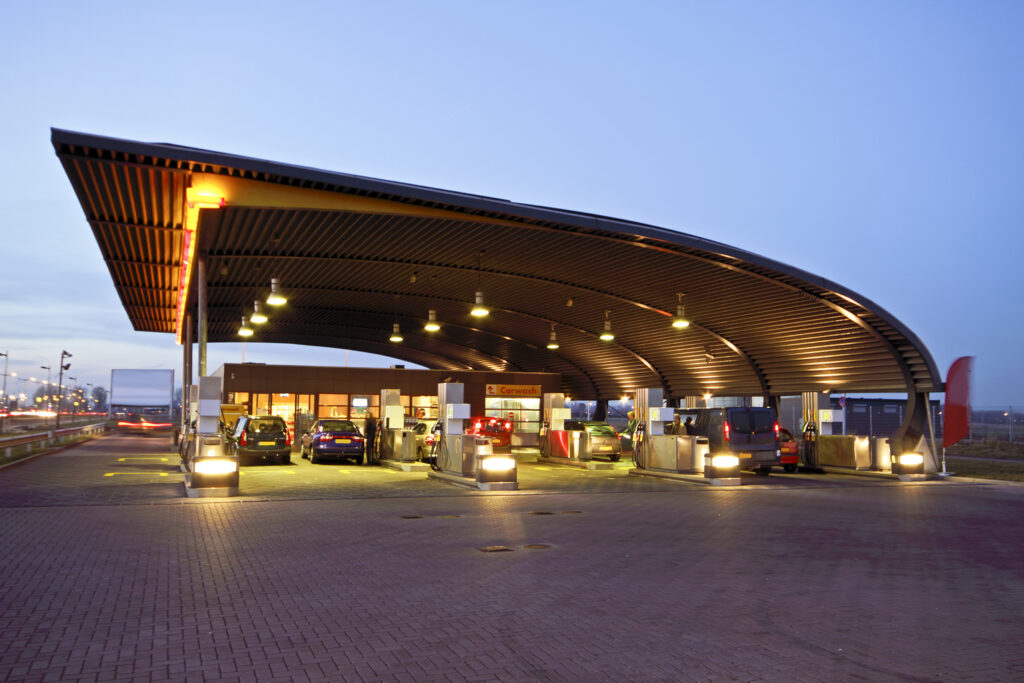The cost of decarbonisation: Europe can’t afford to ignore renewable fuels
Decarbonising EU road transport will require a range of emissions-reduction solutions – including not just electrification but also sustainable renewable fuels such as ethanol, according to a new study.
The analysis, carried out by studio Gear Up for FuelsEurope, looked at the societal impacts and consequences of light duty fleet electrification on access to passenger vehicles for EU citizens. The study compared the cost-of-ownership of similar battery electric vehicle (BEV) and internal combustion engine vehicle (ICEV) models in 16 EU Member States.
The research illustrates that by betting almost exclusively on electrification of the auto fleet as a decarbonisation solution – the direction favoured in the European Commission’s ‘Fit for 55’ package – the EU risks greatly increasing the cost of vehicle ownership and thus potentially shutting out large sectors of the population.
Electric cars are not the only answer
The study found that BEVs reached price parity with ICEVs in many countries mostly due to advantageous subsidy schemes which create in return an increasing cost burden on governments. Still, with Europeans buying mainly on the second-hand car market, the penetration of BEVs remained low.
Without subsidies and without access to low-carbon electricity, the electric vehicle is the least favourable abatement option, saving less GHG emissions than alternative fuels and increasing the cost of ownership for drivers.
In France, E85 is already the most cost-effective low-carbon mobility option, and saves emissions at a lower cost of ownership compared to conventional petrol and electric cars. A subsidy system rewarding different options based on their full life-cycle GHG-reduction potential would level the playing field between low-carbon solutions to maintain choice and attractiveness for consumers.
The study concluded that higher volumes of renewable fuels will be needed in the road sector following the new higher targets set in the revision of RED II and the potential creation of a dedicated ETS for road transport.
However, renewable fuels such as ethanol shine as a complementary option to battery electric vehicles and do not compete with the electrification of the car segment. They can help drive faster decarbonisation of transport while also benefitting the EU economy, industry, and society.
